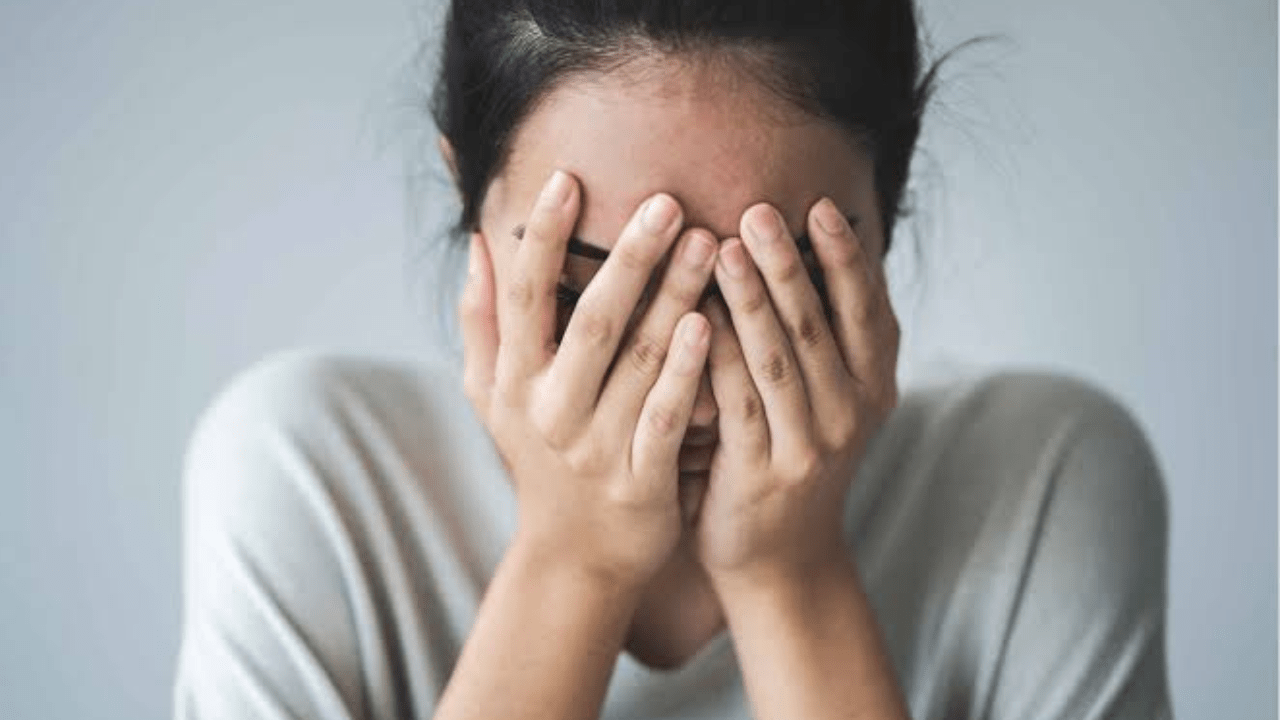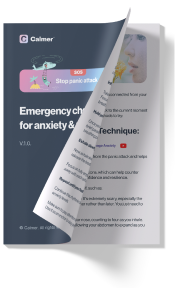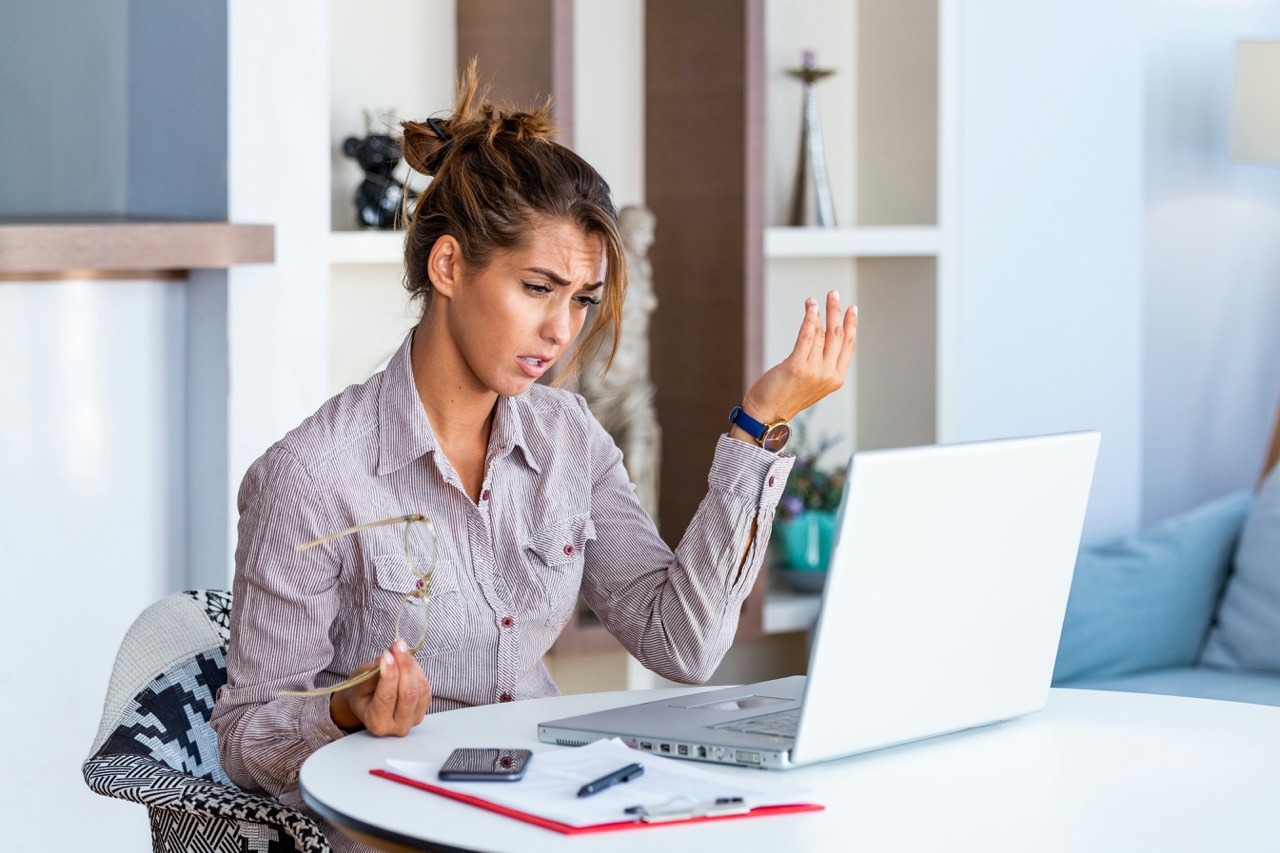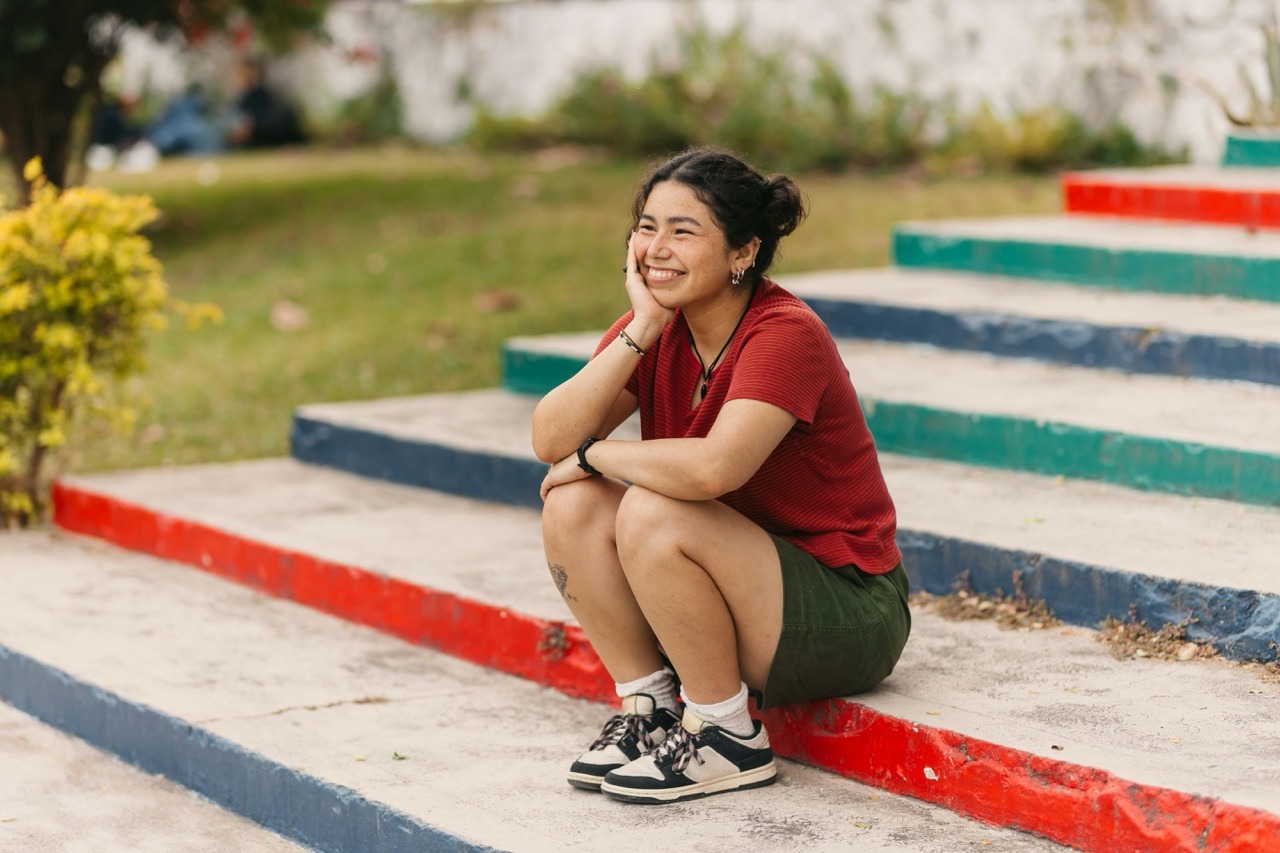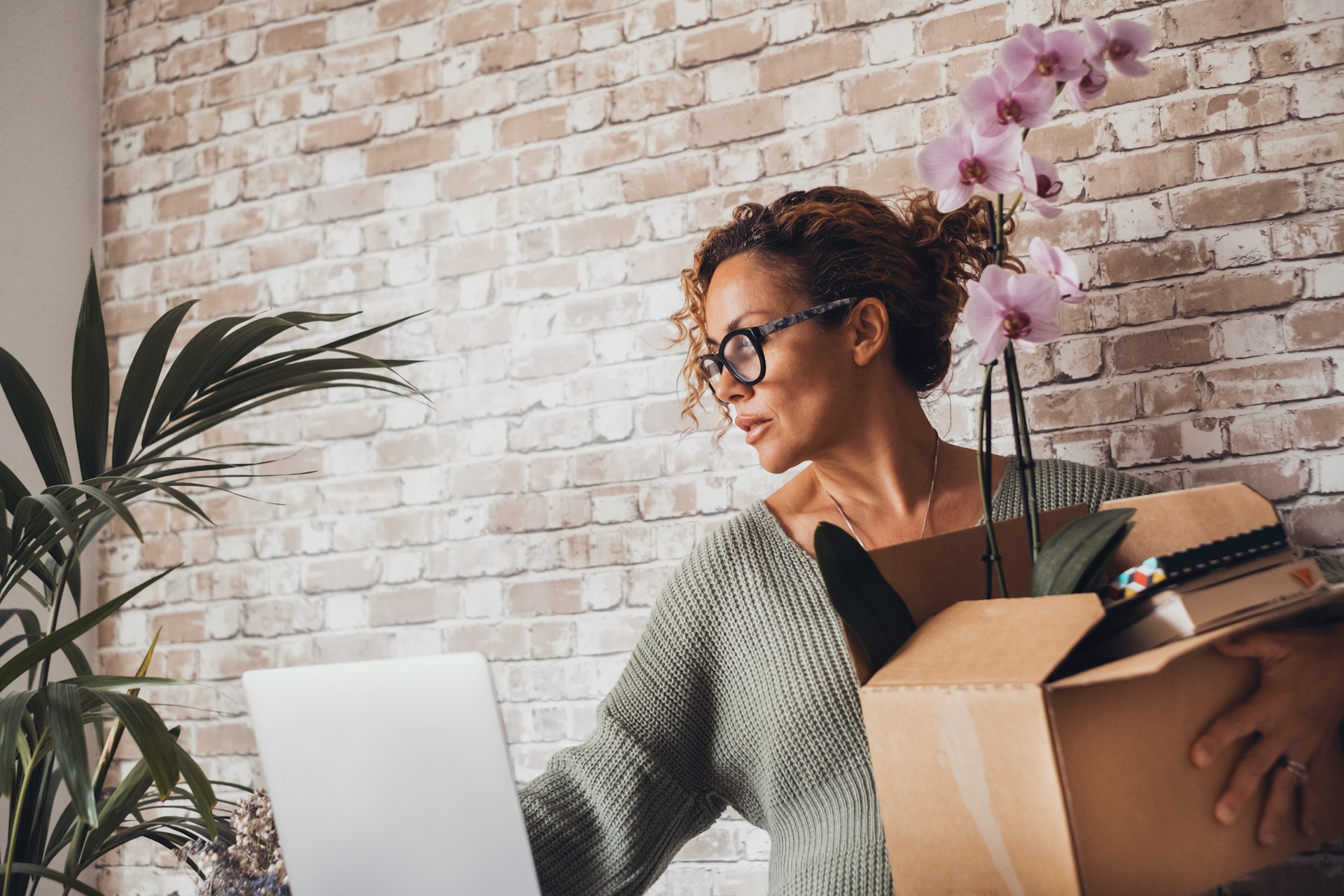With an unstable global political climate and rising inflation, almost everyone today knows what it’s like to exist in a constant state of worry. And yet despite the prevalence, not many people opt for anti-anxiety medication. In fact, some people prefer to not be on them at all, for fear of the potential side effects.
Anti-anxiety medications have been known to cause insomnia, nausea, tiredness, headache, tremors, and sweating. However, you should know that treatment for anxiety extends beyond medication. If you want to know how to deal with anxiety without medication, keep reading.
Different Ways to Treat Anxiety Without Medication
7. Join a Support Group

Talking to a friend can help you get the weight off your chest. However, a friend may not always be available to lend an ear. It also goes without saying that your friend may not always know how to help either. That’s where support groups become invaluable.
In these groups, you’ll meet individuals facing similar challenges, which can lead to a deeper sense of understanding. Additionally, you might stumble on some practical advice on managing anxiety in everyday life.
6. Positive Affirmations
Try repeating positive affirmations to yourself every day. Simple phrases like, “I am doing fine,” or ” It’s ok to mess up,” can have a profound impact on reducing anxiety. Anxiety often fuels a stream of negative thoughts and positive affirmations can help disrupt that pattern.
Additionally, the practice of repeating nice things to yourself has been known to alleviate a person’s mood and boost their self-esteem. If speaking out loud doesn’t work for you, you can consider writing down your daily affirmations as well.
5. Make Changes to your Diet
Your food choices can have profound effects on your mental health, which is why you should think twice about the food you put in your body. You can start by cutting stimulants from your diet which includes caffeine and sugar. Caffeine is known to make a person restless, thereby contributing to anxiety.
You can also consider keeping a food log to identify which food items promote well-being and which might exacerbate your anxiety.
4. Move Around

Exercise can also prove to be beneficial in mitigating symptoms of anxiety. While hitting the treadmill during an anxiety episode may be the last thing you want to do, it might just improve your condition. Physical activity stimulates the release of endorphins and other mood-boosting chemicals which help ease worry.
Additionally, exercise channels excess energy effectively and reduces feelings of restlessness. This is why establishing a daily exercise regimen can have a grounding effect and help with effective stress management.
3. Hypnosis
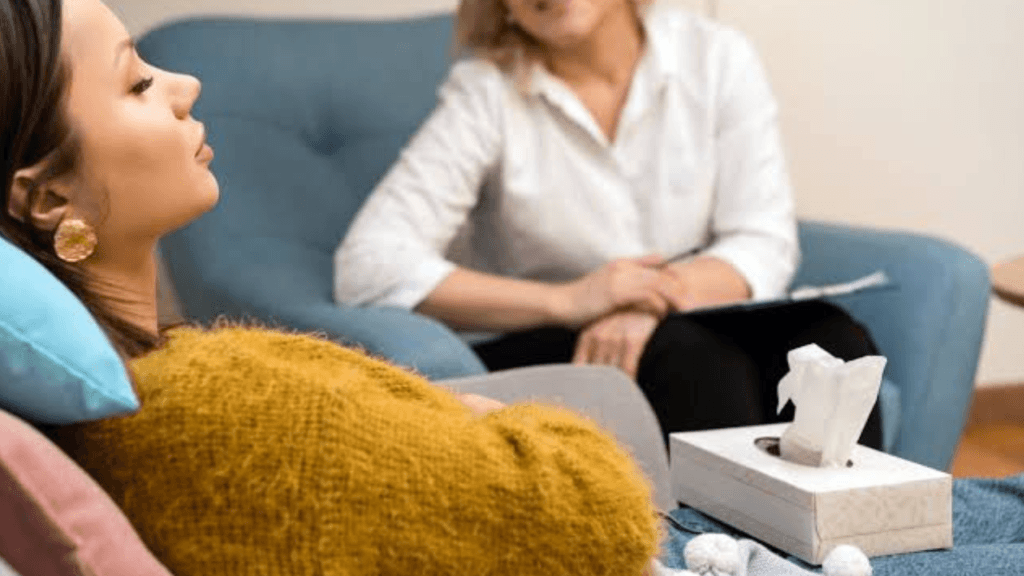
Hypnosis is also available as a treatment option for anxiety. The technique has long been used to help a person better control their thoughts. Contrary to popular belief, hypnosis, otherwise called hypnotherapy, is performed by a trained professional and doesn’t involve swinging a pocket watch in front of you.
Instead, individuals are put in a state of deep sleep during which they can be redirected to more secure behavioral patterns.
2. Transcranial Magnetic Stimulation
Transcranial Magnetic Stimulation (TMS) is the latest innovation in non-invasive psychiatrist treatment. The procedure involves placing a magnetic coil inside a person’s scalp. This coil is responsible for altering the brain’s electrical activity by sending out timed magnetic pulses.
TMS has been used to treat various psychiatric disorders including anxiety and depression. The treatment plan is different for different individuals. If you are interested in exploring the benefits of TMS, consider talking to your doctor
1.Psychotherapy
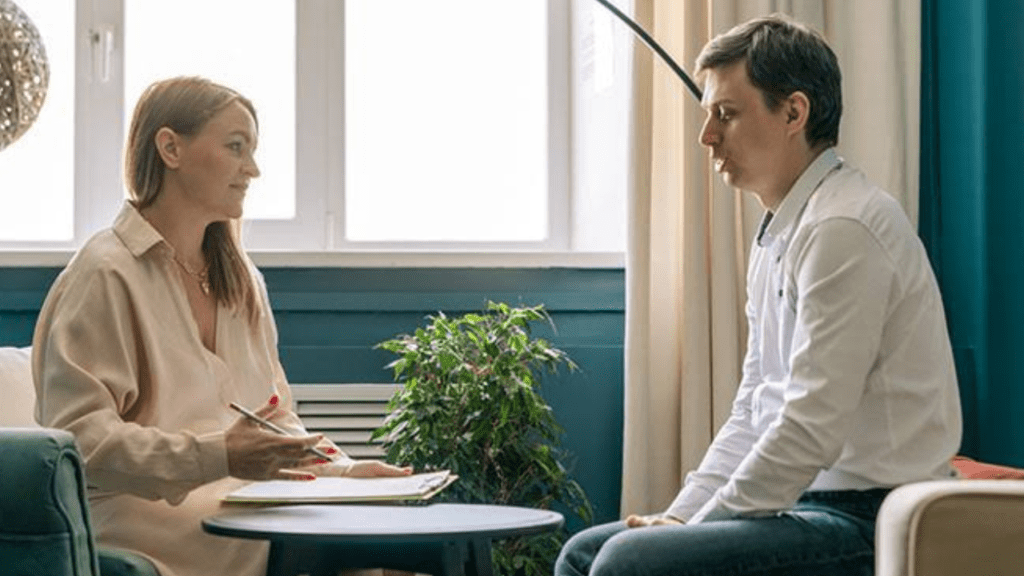
Psychotherapy is one of the best treatment options for anxiety. In fact, some deem it even better than medication. Therapy provides individuals with a safe space to talk about their worries while a professional equips them with the most suitable tools to manage stress.
Cognitive Behavioral Therapy (CBT) has proven to be quite effective in helping individuals overcome their anxiety and discover new coping mechanisms.
When to See a Doctor?
You should see a doctor if your symptoms of anxiety worsen with time or significantly hinder your everyday life. Consulting a doctor doesn’t necessarily mean that medication will be advised. You can explore non-medicated ways of treatment as well. It’s all about finding what works for you.
Conclusion
Summing it up, there are different treatment options available for anxiety. You can consider joining a support group to meet other individuals facing the same challenges as you. Making changes to your lifestyle can also help you lead an anxiety-free life.
Weeding out caffeine and sugar from your diet and adopting a daily exercise routine is a good place to start. However, psychotherapy remains the best way to tackle anxiety without resorting to medication. However, keep in mind what works for someone else may not work for you.
So, finding the right treatment is a hit and trial. Don’t lose hope if you don’t immediately find the solution that works best for you.
FAQs
How do I treat my own anxiety?
You can treat anxiety on your own through a range of different techniques. You can consider taking up meditation or looking into incorporating deep breathing exercises into your daily routine. Making changes to your lifestyle can also help reduce the frequency of anxiety episodes.
What foods reduce anxiety?
The food that you put in your body can actually influence your level of anxiety. Incorporating items like leafy green vegetables, avocado, eggs, and calcium-rich foods can bring you peace of mind.
Can I overcome anxiety alone?
Dealing with anxiety alone can indeed be daunting, but it’s possible to overcome it alone. Various self-help techniques focus on helping a person regain control during moments of extreme stress when external assistance is not available. Keep in mind that it may take some time to find the most suitable treatment approach that works for you.
